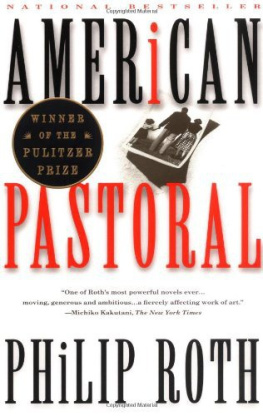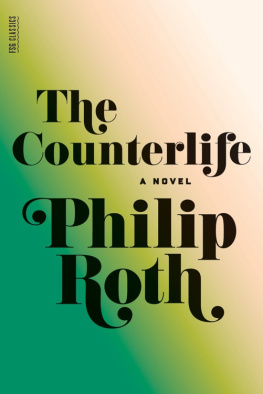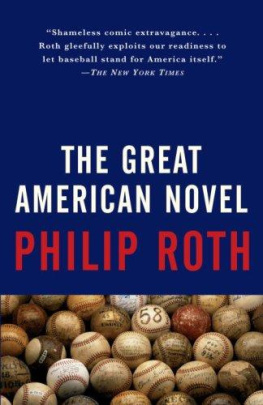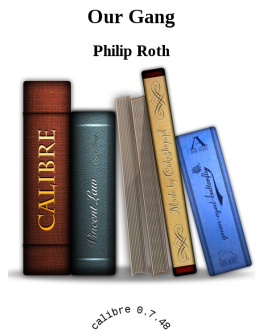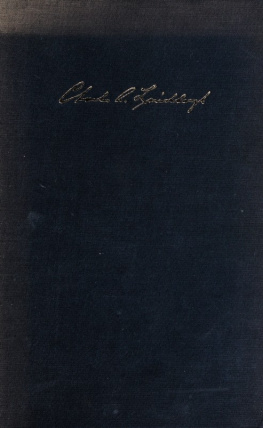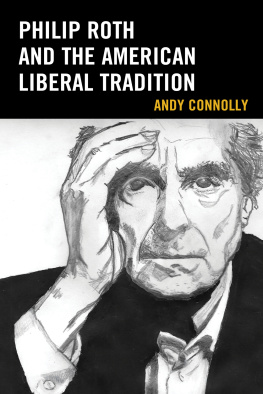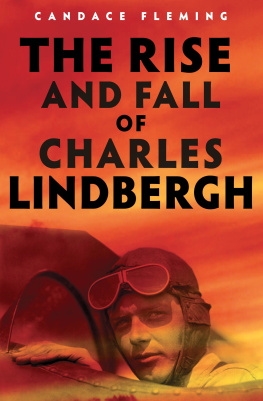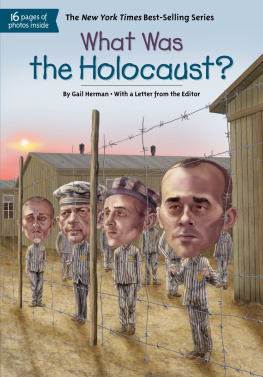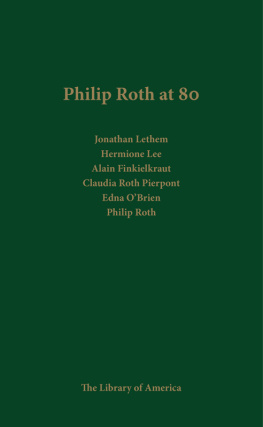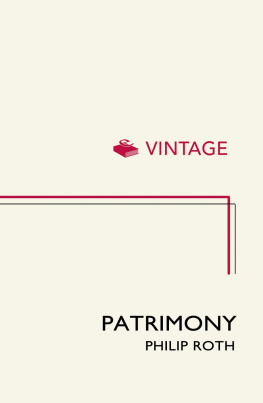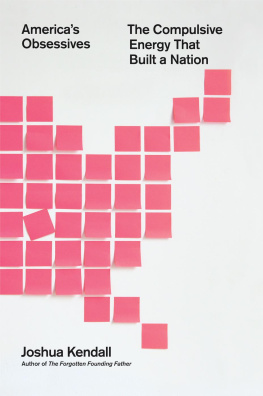For information about permission to reproduce selections from this book, write to Permissions, Houghton Mifflin Company,
215 Park Avenue South, New York, New York 10003.
Visit our Web site: www.houghtonmifflinbooks.com.
To S.F.R.
June 1940October 1940
Vote for Lindbergh or Vote for War
F EAR PRESIDES over these memories, a perpetual fear. Of course no childhood is without its terrors, yet I wonder if I would have been a less frightened boy if Lindbergh hadn't been president or if I hadn't been the offspring of Jews.
When the first shock came in June of 1940the nomination for the presidency of Charles A. Lindbergh, America's international aviation hero, by the Republican Convention at Philadelphiamy father was thirty-nine, an insurance agent with a grade school education, earning a little under fifty dollars a week, enough for the basic bills to be paid on time but for little more. My motherwho'd wanted to go to teachers' college but couldn't because of the expense, who'd lived at home working as an office secretary after finishing high school, who'd kept us from feeling poor during the worst of the Depression by budgeting the earnings my father turned over to her each Friday as efficiently as she ran the householdwas thirty-six. My brother, Sandy, a seventh-grader with a prodigy's talent for drawing, was twelve, and I, a third-grader a term ahead of himselfand an embryonic stamp collector inspired like millions of kids by the country's foremost philatelist, President Rooseveltwas seven.
We lived in the second-floor flat of a small two-and-a-half-family house on a tree-lined street of frame wooden houses with red-brick stoops, each stoop topped with a gable roof and fronted by a tiny yard boxed in with a low-cut hedge. The Weequahic neighborhood had been built on farm lots at the undeveloped southwest edge of Newark just after World War One, some half dozen of the streets named, imperially, for victorious naval commanders in the Spanish-American War and the local movie house called, after FDR's fifth cousinand the country's twenty-sixth presidentthe Roosevelt. Our street, Summit Avenue, sat at the crest of the neighborhood hill, an elevation as high as any in a port city that rarely rises a hundred feet above the level of the tidal salt marsh to the city's north and east and the deep bay due east of the airport that bends around the oil tanks of the Bayonne peninsula and merges there with New York Bay to flow past the Statue of Liberty and into the Atlantic. Looking west from our bedroom's rear window we could sometimes see inland as far as the dark treeline of the Watchungs, a low-lying mountain range fringed by great estates and affluent, sparsely populated suburbs, the extreme edge of the known worldand about eight miles from our house. A block to the south was the working-class town of Hillside, whose population was predominantly Gentile. The boundary with Hillside marked the beginning of Union County, another New Jersey entirely.
We were a happy family in 1940. My parents were outgoing, hospitable people, their friends culled from among my father's associates at the office and from the women who along with my mother had helped to organize the Parent-Teacher Association at newly built Chancellor Avenue School, where my brother and I were pupils. All were Jews. The neighborhood men either were in business for themselvesthe owners of the local candy store, grocery store, jewelry store, dress shop, furniture shop, service station, and delicatessen, or the proprietors of tiny industrial job shops over by the Newark-Irvington line, or self-employed plumbers, electricians, housepainters, and boilermenor were foot-soldier salesmen like my father, out every day in the city streets and in people's houses, peddling their wares on commission. The Jewish doctors and lawyers and the successful merchants who owned big stores downtown lived in one-family houses on streets branching off the eastern slope of the Chancellor Avenue hill, closer to grassy, wooded Weequahic Park, a landscaped three hundred acres whose boating lake, golf course, and harness-racing track separated the Weequahic section from the industrial plants and shipping terminals lining Route 27 and the Pennsylvania Railroad viaduct east of that and the burgeoning airport east of that and the very edge of America east of thatthe depots and docks of Newark Bay, where they unloaded cargo from around the world. At the western end of the neighborhood, the parkless end where we lived, there resided an occasional schoolteacher or pharmacist but otherwise few professionals were among our immediate neighbors and certainly none of the prosperous entrepreneurial or manufacturing families. The men worked fifty, sixty, even seventy or more hours a week; the women worked all the time, with little assistance from laborsaving devices, washing laundry, ironing shirts, mending socks, turning collars, sewing on buttons, mothproofing woolens, polishing furniture, sweeping and washing floors, washing windows, cleaning sinks, tubs, toilets, and stoves, vacuuming rugs, nursing the sick, shopping for food, cooking meals, feeding relatives, tidying closets and drawers, overseeing paint jobs and household repairs, arranging for religious observances, paying bills and keeping the family's books while simultaneously attending to their children's health, clothing, cleanliness, schooling, nutrition, conduct, birthdays, discipline, and morale. A few women labored alongside their husbands in the family-owned stores on the nearby shopping streets, assisted after school and on Saturdays by their older children, who delivered orders and tended stock and did the cleaning up.
It was work that identified and distinguished our neighbors for me far more than religion. Nobody in the neighborhood had a beard or dressed in the antiquated Old World style or wore a skullcap either outdoors or in the houses I routinely floated through with my boyhood friends. The adults were no longer observant in the outward, recognizable ways, if they were seriously observant at all, and aside from older shopkeepers like the tailor and the kosher butcherand the ailing or decrepit grandparents living of necessity with their adult offspringhardly anyone in the vicinity spoke with an accent. By 1940 Jewish parents and their children at the southwestern corner of New Jersey's largest city talked to one another in an American English that sounded more like the language spoken in Altoona or Binghamton than like the dialects famously spoken across the Hudson by our Jewish counterparts in the five boroughs. Hebrew lettering was stenciled on the butcher shop window and engraved on the lintels of the small neighborhood synagogues, but nowhere else (other than at the cemetery) did one's eye chance to land on the alphabet of the prayer book rather than on the familiar letters of the native tongue employed all the time by practically everyone for every conceivable purpose, high or low. At the newsstand out front of the corner candy store, ten times more customers bought the Racing Form than the Yiddish daily, the Forvertz.


